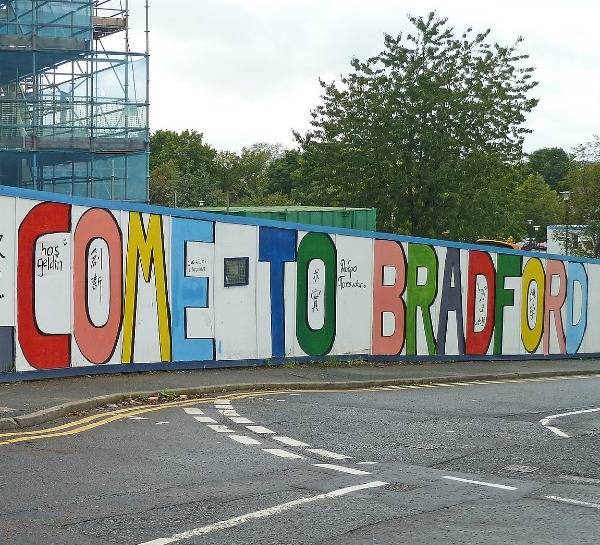More than six months after the fall of Hosni Mubarak, politics in Egypt is dominated by three main contests, playing out in distinct if not isolated arenas, against the backdrop of elections scheduled for November, but already postponed once.
One is the ongoing battle on the streets. Tahrir Square has seen violent clashes since the fall of Mubarak as protesters battle with the military, police and the thuggish para-security force known as the baltagiya for control of the square. Other cities such as Alexandria, Suez and Fayoum have also been rocked by dissent.
Protesters want the prosecution of former regime figures and police responsible for violence, an end to the emergency law and the military’s ban on strikes and protests, and to the punitive military trials to which thousands of civilians have been subjected since the initial uprising. Those put through these courts have included hundreds of protesters and bloggers such as 25-year-old Maikel Nabil, who is serving a three-year term for writing online criticsm of the ruling Supreme Council of the Armed Forces (SCAF).
The SCAF have promised their reign is only a transitional step, but the generals are themselves large stakeholders in the old system, and stand accused of using their power to shape and limit the scope of Egypt’s democracy. It is speculated, for example, that they will attempt to keep the military budget free from civilian scrutiny. At present however, it seems the Egyptian centre has more faith in the military than the hardcore of activists.
A second front is the economic battle, as strikes and sit-ins demanding higher wages, better conditions and often a change of management grip both the public and private sector. An important element of this struggle is the formation of a growing number of independent trade unions, and a new trade union federation, which is battling the old state-run federation for membership and legitimacy.
Third is formal politics, where the struggle between secularism and religion is most clearly being fought, with parties lining up along religious, or secular, lines ahead of the promised elections. There is a large Islamist block led by the Muslim Brotherhood, and an apparently weaker secular coalition ranging from liberals to leftists. In terms of organisational strength the Brotherhood – whose Freedom and Justice Party has opened offices around the country – are supreme (with the only possible competition coming from rebranded figures from Mubarak’s National Democratic Party), but it is far from clear that they have majority support among the population.
A focal point of this debate is the second article of the Egyptian constitution, which states that Sharia is the basis of Egyptian law. This has licenced hard-line Salafis, who usually eschew secular politics, to engage in the democratic process by defining it as a means to choose between interpretations of Islamic law. If such groups become a force within the Islamic coalition they could well drag it towards the religious extreme. The inverse, however, is true of the moderate offshoots of the Brotherhood, such as the Centre Party.
So far no one group in this struggle has gained the upper hand, and looming elections suggest that the people may yet get to decide for themselves. However the SCAF has just announced that there will be no international observers during the elections, so it remains to be seen if elections are free and fair, if, indeed, they go ahead at all.

